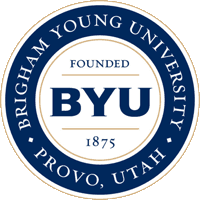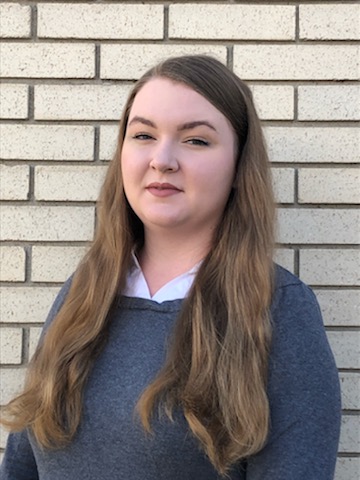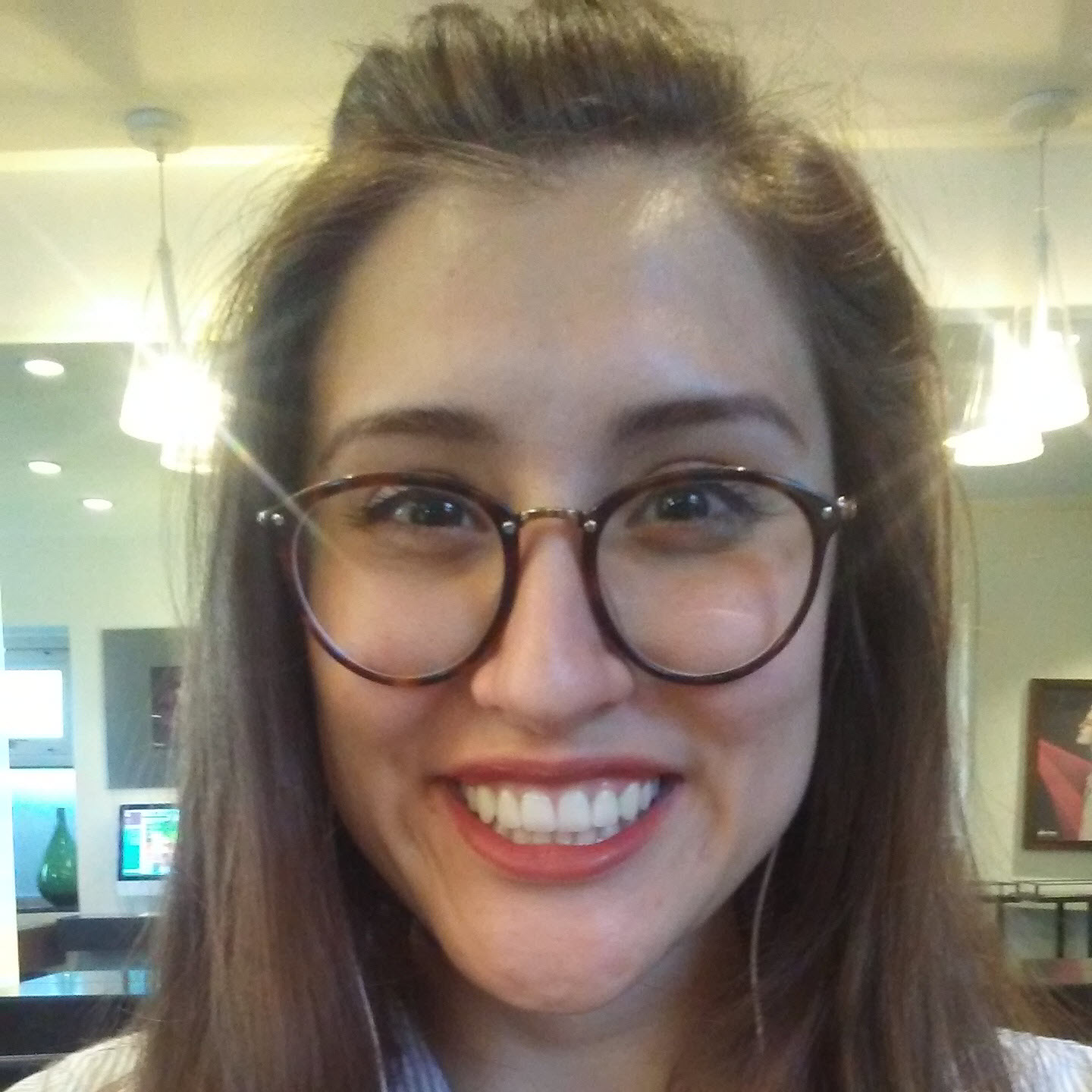Below is a summary of the abstract you submitted. Presenting author(s) is shown in bold.
If any changes need to be made, you can modify the abstract or change the authors.
You can also download a .docx version of this abstract.
If there are any problems, please email Dan at dar78@pitt.edu and he'll take care of them!
This abstract was last modified on March 29, 2019 at 7:08 p.m..

Each year there are 2 million reported antibiotic resistant infections and millions more that go on unreported in less developed countries. Alternatives to antibiotics that still effectively lyse and kill bacteria are being researched with the forerunner being bacteriophage therapy. The HHMI SEA Phages program has isolated thousands of phages that infect Mycobacterium smegmatis, which can cause edema, redness, and pain in infected soft tissue. In the lab of Doctor Julianne H Grose, we attempted to isolate bacteriophages against Mycobacterium smegmatis that are more clinically relevant by using sewage as the isolation source. To characterize these phages, they were isolated from primary effluent from sewage plants, sequenced through high throughput sequencing, and annotated using both the automated system DNA Master and by analyzing coding potential. Ultimately, these phages will fall into phage families whose relativity is based on highly conserved proteins. These proteins may reveal unique characteristics in the phages that allow them to be more or less useful in phage therapy. The M. smegmatis phages did fall into pre existing families and the next step is to look at the proteins that are different between the families and the implications thereof. This research will add to the growing understanding of phages which allow the phages to be more fully characterized and therefore, more likely to be used in phage therapy.


